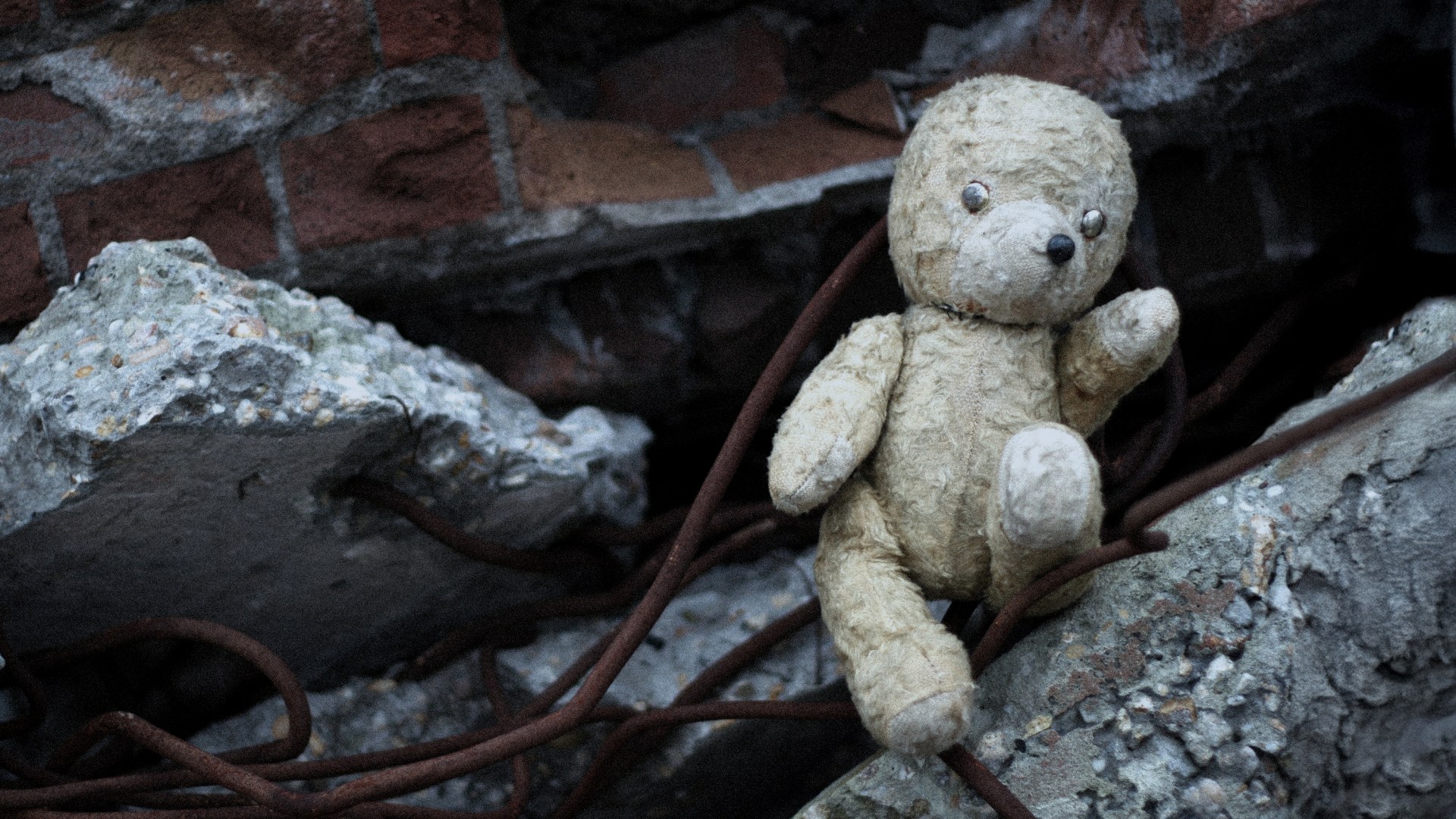During times of war, the most vulnerable always pay the heaviest price. Women and children face unique vulnerabilities in the midst of crisis and conflict, and Russia’s attack on Ukraine in 2022 has proved no different.
Over the past decade, Russia has forcefully transferred almost 20,000 children from Ukraine to Russia and Russian-controlled territories. International awareness of the crisis only spread at the start of the war. At the time of capture, children ranged in age from 4 months to 17 years old and have been subjected to political reeducation camps and military training.
The United States is in active conversations with Russia and Ukraine to accept a short-term hiatus from the conflict as both sides negotiate a longer-term peace plan. One of Ukraine’s conditions is the return of the children “illegally deported to Russia and thousands of civilians detained in Russian prisons.”
Concurrent with the US peace deal negotiations, Elon Musk’s Department of Government Efficiency (DOGE) has stopped funding for Yale University researchers who are helping locate the abducted Ukrainian children. The team at Yale used “open-source technology including satellite imagery, social media and Russian publications, to trace the lost children and share their findings with the Ukrainian authorities to help them locate the abducted minors.”
Hundreds of Ukrainian children were illegally placed for adoption in Russia or placed in Russian families. In at least one case, the Yale researchers say, Russia’s government reissued the child’s birth certificate, “changing the child’s name and place of birth.” Many of these children have families. Abducted Ukrainian children have also been physically abused, separated indefinitely from their families in Ukraine, and given inadequate access to food and care.
Perhaps most monstrously, Russia “targeted vulnerable groups of children for deportation, including orphans, children with disabilities, children from low-income families, and children with parents in the military.” To this day, Russia has refused to offer a list of children taken to Russia and their whereabouts—as mandated by international law—and has concealed its forced deportation and illegal adoption of children from Ukraine.
Most egregiously, US lawmakers have “reason to believe that the data from the repository has been permanently deleted.” At a time when the US is pushing for a peace deal, the alleged actions send a chilling message—that the plight of these innocent children is expendable in the name of bureaucratic efficiency.
During President Donald Trump’s most recent phone call with Ukrainian president Volodymyr Zelensky on March 19, Trump asked about Ukraine’s missing children—including the ones who had been abducted—and promised to work closely with both Ukraine and Russia to ensure those children were returned home. I’m hopeful this signals that vulnerable children will be a top priority in a peace deal with the Kremlin.
Scripture speaks about the “quartet of the vulnerable”—the Old Testament’s emphasis on caring for the poor, widows, orphans, and foreigners—those in special need of protection and justice. We should care about the stolen Ukrainian children because each of those children bears God’s image and has been a victim of a crime. The heart of the Father is attuned to the suffering of the vulnerable—and so must we be as his hands and feet.
At its core, one of the fundamental responsibilities of government is to safeguard the well-being of the most vulnerable members of society, ensuring they are protected from harm and never reduced to pawns in political or ideological struggles. A just and moral society recognizes that the rights of children must be upheld with unwavering commitment, prioritizing their safety, stability, and opportunity to thrive.
As I’ve watched the war in Ukraine unfold over the past three years, I’ve been keenly attuned to the suffering of the children. I was adopted as an infant from Eastern Europe, and I have five siblings and a cousin also adopted from Eastern Europe. I’ve spent over 12 years working in child welfare, helping craft and advance public policy that puts the best interest of the child first.
When I worked on Capitol Hill, my boss led the Congressional Coalition on Adoption—Congress’s largest bipartisan, bicameral caucus. We led international congressional delegations to educate members of Congress and their staff on laws intended to protect children from trafficking and abuse. Our desire was for the US to be a global leader in protecting the smallest members of society.
The suffering of Ukrainian children is near to my heart partly because that part of the world is my birthplace and my heritage. Perhaps my body holds preverbal memories of my homeland and its neighbors. But I’ve also watched with a broken heart because I’ve dedicated my career to public policy that protects those experiencing vulnerabilities. Children must never be used as bargaining chips in any negotiation.
The Geneva Convention gives children special protection status during war, and deportation or forced transfer of a population is against international law and could constitute crimes against humanity.
The United States can seek efficiency without sacrificing the protection and safe return of abducted children. Ukraine’s children must come home without preconditions, and President Trump and Secretary of State Marco Rubio must continue to ensure that vulnerable children remain a top priority in peace conversations.
We must not turn a blind eye to the plight of stolen Ukrainian children.
Chelsea Sobolik serves as director of government relations for World Relief. Previously she worked for the Ethics and Religious Liberty Commission and on Capitol Hill. She is the author of Called to Cultivate: A Gospel Vision for Women and Work and Longing for Motherhood: Holding On to Hope in the Midst of Childlessness.












